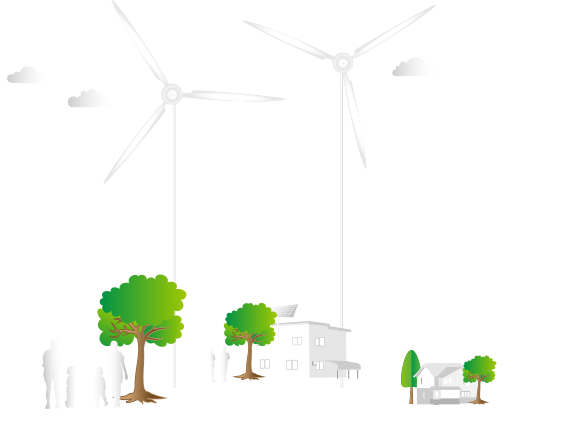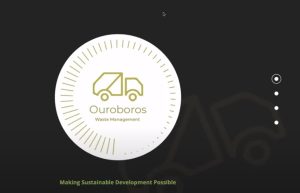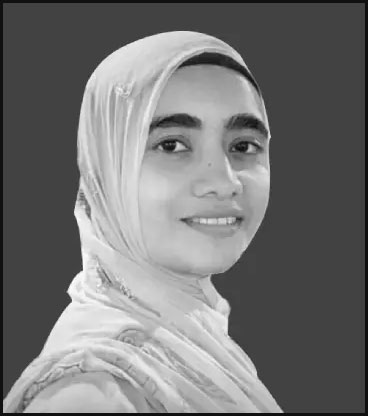Circular Plastic Institute
KSBL Circular Plastic Institute (CPI) aims to establish an ecosystem for circular economy in Pakistan. Situated on the academic side of the academic-practitioner ecosystem, CPI aims to reduce the environmental impact of manufacturing, reprocessing, and plastic use and ensuring adequate end-of-life management of plastic through collaboration, research, and implementation.



 Shiza Aslam
Shiza Aslam